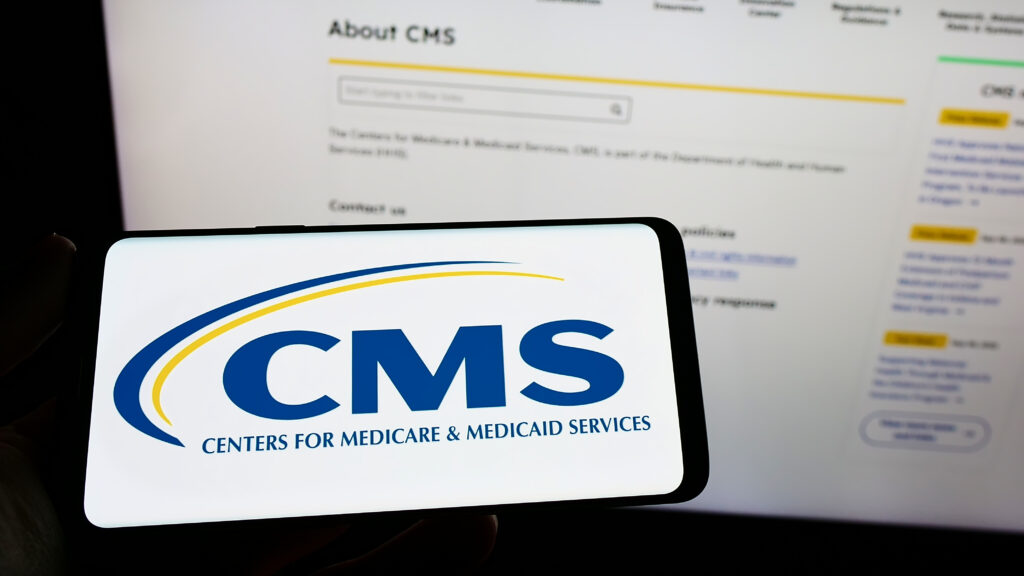The medical device industry is split on whether a proposed new Medicare reimbursement pathway will do anything to soothe their insurance coverage woes.
Device makers have long complained that the unclear, rocky road to payment kills innovative companies. So they were thrilled when the Trump administration proposed a rule that would have guaranteed four years of Medicare coverage of approved devices deemed “breakthroughs” by the Food and Drug Administration. They hoped private payers would follow suit. But in 2021, under a new administration and a push for more device scrutiny, the Centers for Medicare and Medicaid pulled back on the idea, promising a replacement that would streamline coverage for innovative devices while ensuring safe, high-quality care.
advertisement
The pathway put forth last week, called Transitional Coverage for Emerging Technologies (TCET), is only a notice, not yet a rule that would grant CMS new powers. The program applies solely to devices that have earned a place in the FDA’s breakthrough device program, which was established to identify devices that the agency believed could provide “more effective” treatment or diagnosis of serious conditions than the current standard of care. But because those devices can be brought to market with less certainty in their benefits and risks than other products, experts said, the idea of automatic reimbursement was dicey.
Unlock this article by subscribing to STAT+ and enjoy your first 30 days free!

